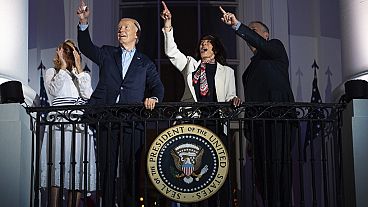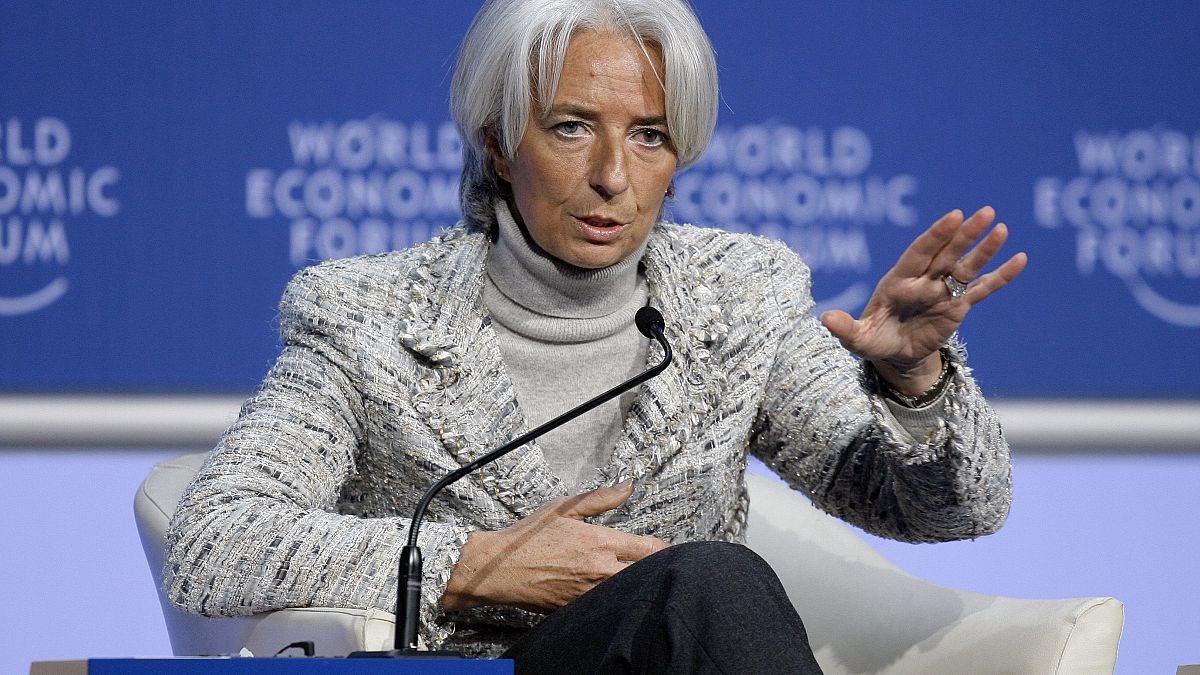ECB President Christine Lagarde highlighted the complex journey towards the 2% inflation target at the ECB Forum on Central Banking in Sintra.
Christine Lagarde, President of the European Central Bank (ECB), highlighted the complex journey towards achieving the ECB's 2% inflation target during her address at the ECB Forum on Central Banking in Sintra on Tuesday. Despite recent rate cuts and signs of disinflation, Lagarde emphasised the uncertainties that still loom large over the euro area’s economic landscape.
Speaking at a panel also featuring Federal Reserve Chair Jerome Powell, Lagarde explained the ECB's decision to cut rates by 25 basis points in June.
"We are very advanced in that disinflationary path," she stated, noting that the ECB's medium-term target is within reach, albeit with some fluctuations. The most recent projections indicate the 2% target might be hit by the last quarter of 2025, with an oscillation of 0.1%."
However, Lagarde cautioned against assuming a linear progression of rate cuts going forward. She stressed that future decisions will continue to be data-dependent: "It's not a predetermined path... it's a step that would be followed by further review of data," she said.
The ECB President acknowledged the resilience of the Eurozone's recovery, particularly in terms of unemployment, but also pointed out the challenges.
Challenges in services inflation
The latest inflation report for the Eurozone showed a decline in the headline rate from 2.6% to 2.5% in June, yet with core inflation and services inflation remaining a bit high.
“We still believe that it, it's likely to be a bumpy road until the end of 2024,” Lagarde stated.
Lagarde elaborated on the complexities behind services inflation, attributing it partly to the lag effects in wage negotiations. "In Europe, bargaining agreements are negotiated not only on an annual basis in some countries but sometimes on a triennial basis in others," she noted. This lag has caused a catch-up effect for wages, which had not been renegotiated in several years, thus contributing to higher service costs.
Moreover, Lagarde discussed the need for a balanced approach to inflation, considering the different inflation rates in goods and services. "We don't need to have services at 2% because manufacturing goods are below 2%," she explained, emphasising the importance of understanding the underlying factors driving these components.
Future rate cuts and economic outlook
When asked about the potential impact of US monetary policy on the ECB's decisions, she emphasised that the ECB's primary focus remains on its own economic conditions, but it also considers the impact of multiple factors.
In response to a question about future rate cuts, Lagarde highlighted the ECB's cautious approach. She mentioned the importance of considering the spillover effects of monetary policies from other regions, notably the United States. "We take that into account, but we also determine monetary policy on the basis of what we see in our economy," she said.
Looking ahead, Lagarde was asked about the potential for a return to near-zero interest rates. While she deemed it "very unlikely" in the current context, she expressed hope that such discussions would signal a stable economic environment with no imminent shocks.
Regarding the French election risks and spillovers, Lagarde said she is not going to comment on the political situation of any of the Member States, particularly those that are facing elections at the moment. Yet, she highlighted that the ECB’s mandate on price stability is obviously relying on financial stability and that policymakers remain attentive to rise in French bond yields.
Addressing the broader economic outlook, Lagarde underscored the importance of fiscal governance within the European Union. She praised the new fiscal framework that replaced the Growth and Stability Pact, stressing the need for member states to control their debt and focus on productivity and growth-oriented investments.
Lagarde also touched upon the impact of generative AI on the economy, advocating for regulatory frameworks to manage its use and potential implications for growth, productivity, and inflation. She noted the ECB's cautious adoption of AI for data analysis and modelling, ensuring data protection and human oversight.
In concluding her address, Lagarde identified cyber risks and geopolitical tensions, particularly the ongoing war in Ukraine, as significant threats to the European economy. When asked about the economic outlook a year from now, she optimistically projected inflation in the low twos and hoped that unemployment would remain at record lows.















